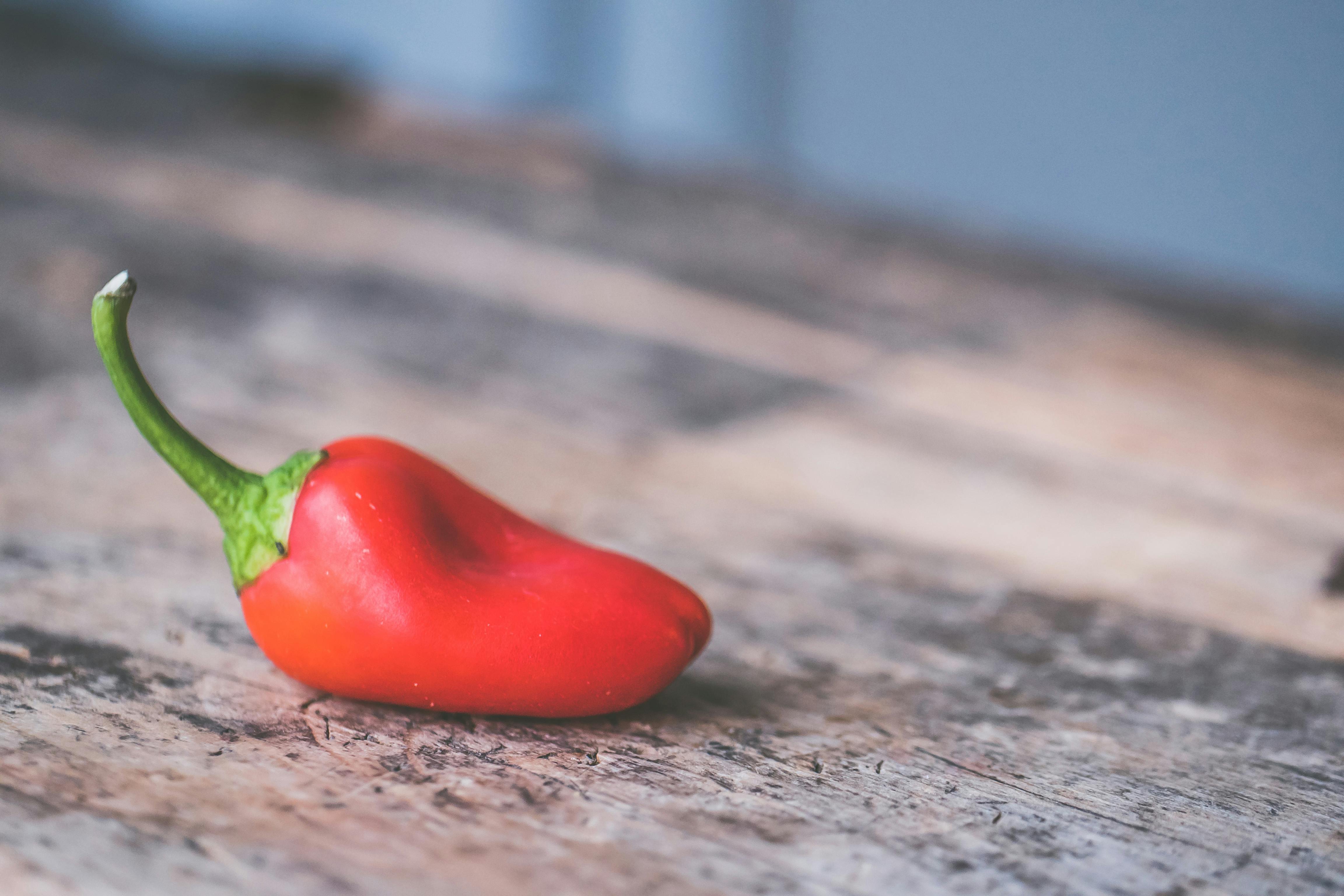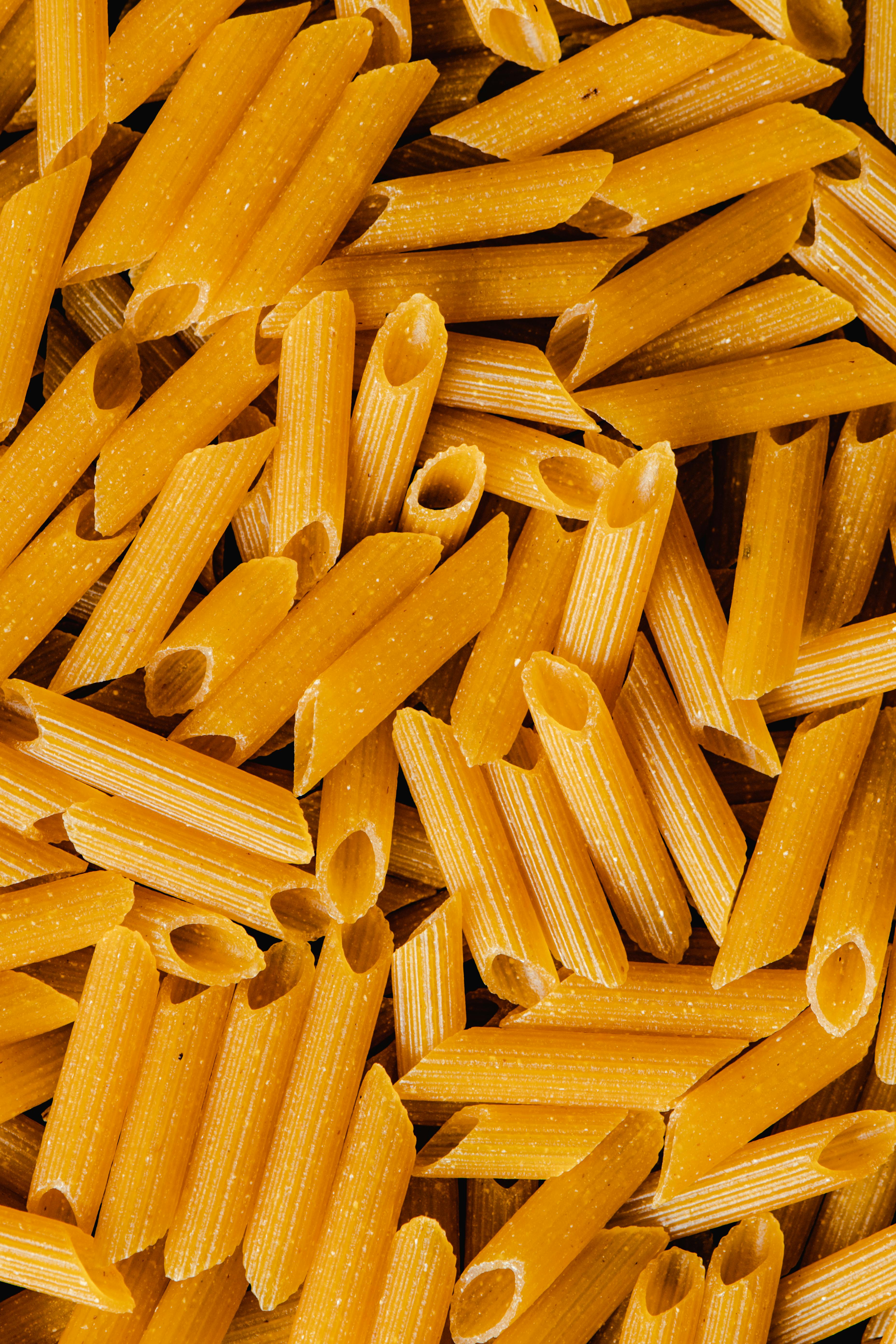
Apply Now


Essential Guide to Low Residue Diet Before Colonoscopy
A low residue diet is critical in prepping for a colonoscopy, serving as a way to ensure a clean colon and facilitate the examination. It focuses on minimizing the fiber intake to help ease digestion, reducing stool volume, and preventing obstruction during the procedure. This guide will provide you with comprehensive advice on what to eat, including a selection of safe foods, tips for effective meal planning, and the dietary restrictions essential for a successful colon cleansing. Understanding the importance of following a low residue diet is vital for those preparing for a colonoscopy. Not only does it improve the quality of the colon cleansing, but it also enhances gastrointestinal health and aids in relieving discomfort during and after the procedure. Here's what you'll learn in this article: the best low residue foods, a sample meal plan, tips on staying hydrated, as well as common dietary restrictions. Let's start optimizing your diet for a smoother colonoscopy experience!Understanding the Low Residue Diet
Building on the fundamentals of gastrointestinal health, a low residue diet is designed to minimize undigested food particles in the digestive tract. This diet is particularly beneficial before a colon cleansing procedure as it limits high-fiber foods that can cause stool buildup and hinder visibility during examination.What is a Low Residue Diet?
A low residue diet emphasizes easy-to-digest foods that reduce the amount of undigested material in your intestines. The primary goal is to create a diet low in fiber that facilitates easier digestion and bowel movements. This means cutting back on whole grains, fruits, and vegetables while consuming more refined and packaged foods that are gentler on the digestive system.Benefits of Following a Low Residue Diet
Adopting a low residue diet before your colonoscopy can provide several advantages, including improved bowel clarity during the procedure, reduced chances of experiencing constipation, and ease of digestion. This diet can also help to alleviate symptoms like bloating or gas, enhancing overall comfort. By concentrating on low residue foods, you'll be preparing your digestive system effectively while ensuring you adhere to the recommended pre-colonoscopy guidelines for optimal results.Key Components of a Low Residue Diet
At the foundation of your meal planning for a low residue diet are clear liquids and low-fiber options. Recommended foods include: - Clear broth - White rice - Mashed potatoes - Smoothies - Eggs - Cooked carrots These foods are easy to digest and help maintain hydration while keeping your gastrointestinal health in check. The focus on digestibility ensures that your body is well-prepared for the upcoming colon examination.Meal Suggestions for a Pre-Colonoscopy Diet
With these basics established, it’s time to delve into some delicious and nutritious meal ideas specifically tailored for your pre-colonoscopy diet. Keeping in mind the dietary restrictions that apply, you will find that planning meals doesn't have to be bland.Low Residue Meal Plan Ideas
Crafting a meal plan for your colon prep entails focusing on easy-to-digest options. Here are several examples to consider: 1. **Breakfast Ideas:** Start your day with oatmeal without skins, low fiber fruits like bananas, or scrambled eggs paired with plain crackers. 2. **Lunch Options:** Enjoy a protein shake, cottage cheese, or plain pasta with a bit of olive oil for flavor. 3. **Dinner Selections:** A simple chicken soup with strained broth, followed by a serving of mashed potatoes, can be satisfying. Pairing cooked carrots ensures you're nourishing your body without overwhelming your digestive tract. These meal ideas maintain low fiber content while providing essential nutrients to keep you energized.Fluid Intake and Hydration Tips
Staying hydrated is vital during this process. Consuming clear liquids is one of the key components of the pre-colonoscopy diet. Recommended beverages are herbal teas, non-caffeinated options, and strained juices. It's important to avoid high fiber foods and opt for clear broth or gelatine desserts. These will not only assist in meeting nutritional guidelines but also promote overall digestive health as you prepare for the colonoscopy.Specific Foods to Avoid Before Colonoscopy
Taking this concept further, understanding which foods to avoid is crucial for a successful bowel preparation. Certain foods can irritate your digestive system or leave residue that complicates the colonoscopy.High Fiber Foods to Eliminate
Limit or completely exclude the following from your pre-colonoscopy diet: - Whole grains - Nuts and seeds - Raw vegetables - Dried fruits - Corn These foods have high fiber content, which can disrupt digestion and lead to challenges during your colon examination.Managing Food Intolerance and Sensitivities
If you have existing food intolerances or sensitivities, it's essential to adjust your diet accordingly. For instance, if dairy products tend to upset your stomach, consider opting for lactose-free options or substitute with non-dairy alternatives like almond or oat milk, ensuring they fit within the low residue guidelines.Common Mistakes to Avoid During Preparation
One prevalent mistake during colonoscopy preparation is the underestimation of fluid intake. Staying adequately hydrated will help facilitate the colon cleansing process. Additionally, neglecting to adhere strictly to dietary restrictions can hinder the success of your procedure. Always keep the focus on ease of digestion and avoiding heavy meals that are hard to process.Colonoscopy Tips and Best Practices
As we move to the final sections of this guide, it’s important to note specific tips for a successful colonoscopy based on your pre-colonoscopy diet.Proactive Digestive Health Strategies
Implementing strategies to support your digestive system can help ease the entire process. Focus on receiving nutritional support through diverse low residue meals while maintaining hydration levels. Engaging in light physical activity, such as walking can also enhance bowel function prior to your procedure.Safety Before Colonoscopy
Ensure you read through the pre-colonoscopy checklist provided by your healthcare provider. This typically includes confirming your fluid intake, list of allowable foods, and a timeline for when to cease eating altogether. Following these guidelines will greatly contribute to a successful colonoscopy.Optimizing Your Colonoscopy Experience
To maximize the ease of your colonoscopy procedure, stick to low residue cooking methods—favoring steaming, boiling, or baking. Always have your meals prepared ahead of time for convenience and to avoid any temptation towards off-limits foods.Q&A Section: Common Questions About Low Residue Diet for Colonoscopy
What are the best foods to eat before a colonoscopy? - Opt for soft foods like yogurt, plain pasta, mashed potatoes, and cooked carrots. How long before the procedure should I start the low residue diet? - Typically, start three days prior to your colonoscopy, gradually eliminating high fiber foods. Can I drink coffee before the procedure? - It's best to avoid caffeinated beverages; stick to herbal teas and clear liquids. What if I am unsure about certain foods? - When in doubt, refer to your doctor’s guidelines or dietary recommendations for clarity. Do low residue foods fill me up? - While these foods are lighter, they can provide nourishment. Pairing protein-rich options with low residue carbohydrates helps in maintaining energy.Conclusion
Adhering to a low residue diet before a colonoscopy plays a crucial role in ensuring the examination is thorough and effective. With a focus on specific low fiber foods and clear liquids, plus avoiding high fiber options, you can improve your chances of having a successful colonoscopy. Follow the provided meal suggestions, stay hydrated, and remember the dietary restrictions emphasized. Properly preparing your digestive system will ease the process and help maintain your overall colon health.
